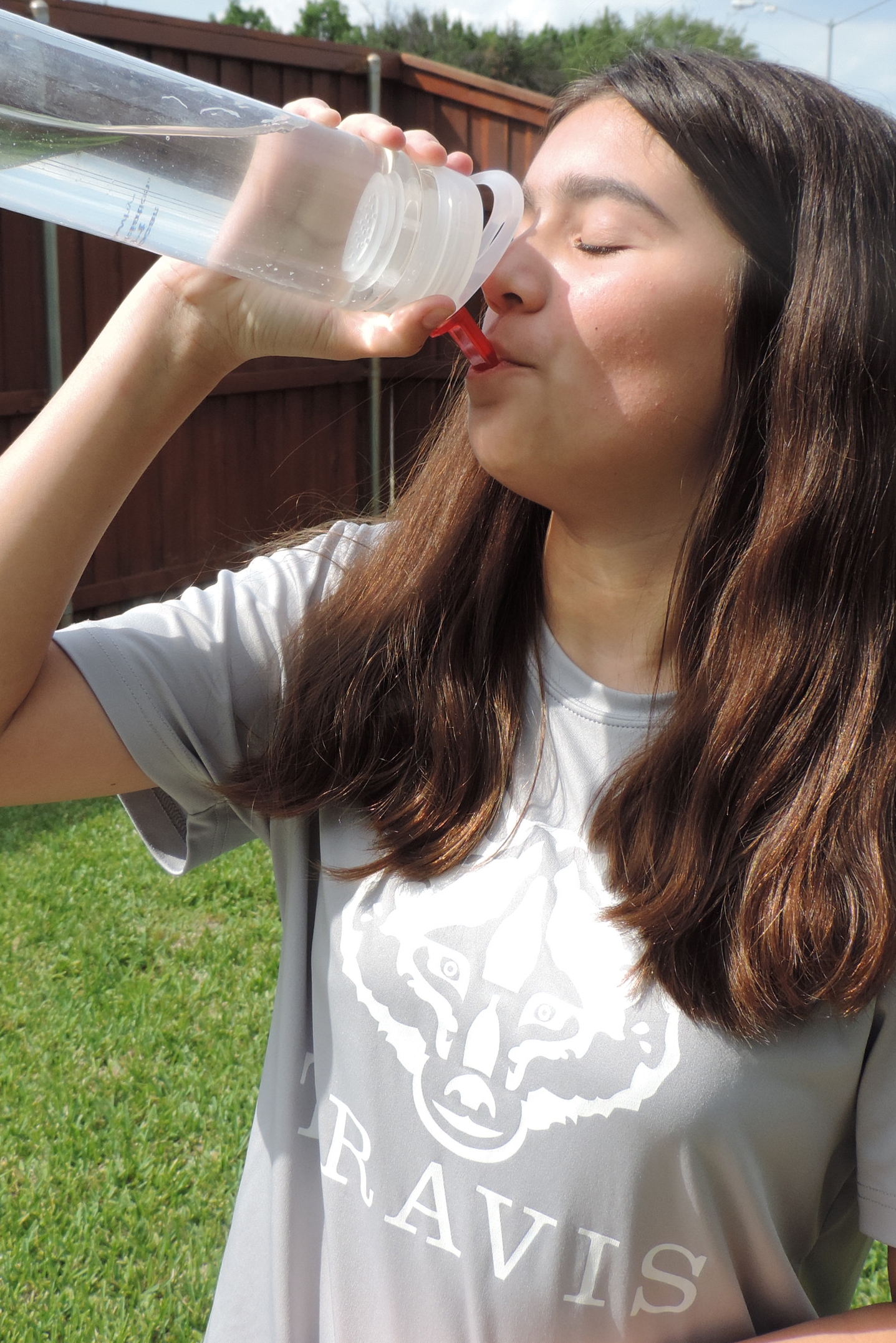Understanding Heart Risks During Extreme Heat: A Comprehensive FAQ

Summary
Why does extreme heat increase heart risks?
Extreme heat and dehydration cause the heart to work harder, putting it under significant stress, which can be particularly problematic for individuals with heart conditions or those taking certain heart medications.
What are the predicted trends for heat-related cardiovascular deaths?
A study predicts that cardiovascular disease deaths related to extreme heat may more than double over the next two decades.
Who is most at risk during extreme heat?
Individuals with heart conditions, older adults, and those on certain heart medications like beta blockers, ace receptor blockers, ace inhibitors, calcium channel blockers, and diuretics are most at risk.
What precautions should be taken during extreme heat?
Avoid the outdoors during the early afternoon, wear lightweight and light-colored clothing, stay hydrated by drinking water, and take regular breaks in cool places.
What are the symptoms of heat exhaustion?
Symptoms include headaches, cool, pale and moist skin, fast weak pulse, dizziness, weakness or muscle cramps, nausea, vomiting, and passing out.
What should you do if you experience symptoms of heat exhaustion?
Move to a cooler place, stop exercising, cool down immediately with cold water, rehydrate, and seek medical attention if necessary.
What are the symptoms of heat stroke?
Symptoms include high body temperature (103 degrees Fahrenheit or higher), hot, red, dry or damp skin, fast strong pulse, headache, dizziness, confusion, nausea, and passing out.
What immediate action should be taken if someone shows signs of heat stroke?
Call 9-1-1 immediately and seek medical attention right away as heat stroke is a medical emergency.
How can families stay active safely during extreme heat?
Adjust activity times to early morning or later in the evening when temperatures are cooler, and consider indoor activities if outdoor conditions are too extreme.
Where can I find more information on protecting my heart during extreme heat?
For more information, visit the American Heart Association’s website or the U.S. Centers for Disease Control and Prevention’s page on extreme heat.

This story is based on an article that was registered on the blockchain. The original source content used for this article is located at NewMediaWire
Article Control ID: 88661